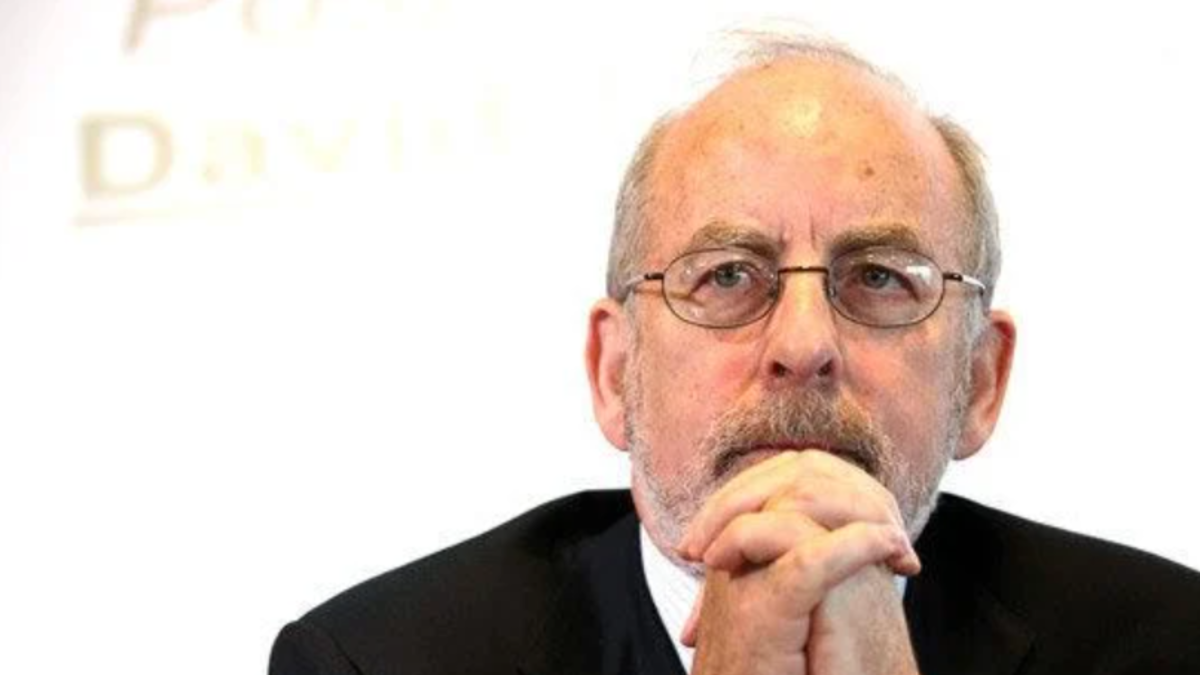“To help avoid this trap, the International Monetary Fund (IMF) must take the lead in protecting debt sustainability by reassessing its policy on interest charges for large loans likely to be needed post-pandemic“, he added.
Then, Honohan recalled an initiative that US congressmen had last week: “A group of progressive Democrats in the United States Congress asked the US Treasury Secretary, Janet Yellen, to end the policy of surcharges. They said that the surcharge “discourages investment in public health by developing countries” and threatens the global economic recovery. But the Treasury has reiterated its support for the surcharge, saying it is necessary to protect the “financial integrity” of the IMF.”
“There are many countries with debt levels so high that an increase in interest rates within historical ranges could tip them towards unsustainable debt loads, with potentially painful consequences. The half dozen cases of debt default in recent years may be a harbinger of worse problems. In fact, some three dozen countries are on the World Bank’s list of countries at high risk of debt distress. About 40 countries have public debt ratios above 100 percent of GDP, including a dozen advanced economies. Even ignoring the smallest countries (with populations under five million), we still find more than 20 emerging or developing economies with a share of over 80 percent,” he said with concern.
“Other cases may depend for their survival on investor confidence or be doomed if creditors fail to demand a reasonable premium on default. Unfortunately, due to the combination of low interest rates and rapid debt accumulation in the pandemic, factors are present for a self-fulfilling pessimism in which a rising default risk premium drives a country directly into that default, which both creditors and debtors want to avoid.Indeed, by anticipating such a self-fulfilling expectations trap, it is likely that astute investors withdraw, closing the country’s access to international finance”
“Countries facing such a risk will seek assistance from the IMF. The Fund can harness the return of private financing to countries whose debt is potentially sustainable by approving a credible recovery program. It can also be an important catalyst in organizing debt restructurings or moratoria, but the more indebted a country is to a preferred creditor like the IMF, the more minor creditors have to fear from a debt restructuring“
“Of course, the surcharges are there for a reason, in particular to discourage countries from becoming too dependent on Fund assistance and to help ensure that its renewable resources are available for all new cases. The surcharges incentivize payment.” anticipated and the return to indebtedness of the private sector”.
“The IMF has been looking at other ways to address pandemic-related debt distress. For example, it has a mechanism to provide debt relief to low-income countries with debt distress. It has been examining the potential role of contingent debt instruments in Condition”
“To avoid self-fulfilling pessimism that could result in a disruptive default, other lenders will likely need to accept lower refinancing rates as well. It would be easier for the IMF to push other lenders in this direction if it also charged lower rates. Even if such a reduction were only temporary, it could ease a likely post-pandemic debt crisis”
“The IMF can afford to do this. It is true that surcharges have contributed a considerable part of their income in recent years. But even without the surcharges, he would still have a net income of $600 million in the last fiscal year and be on track for even more this year. Unilateral action by the Fund would not completely eliminate the threat of costly and disruptive debt restructurings, but it would directly help and encourage action by other creditors, public and private.”
“Prompted by the G20, the IMF Executive Board recently discussed surcharges, but only hinted at a ‘more holistic and timely review of surcharge policies’. Now appears to be an appropriate time to act,” he concluded. the Economist, Investigador senior del Peterson Institute for International Economics.
Source From: Ambito
David William is a talented author who has made a name for himself in the world of writing. He is a professional author who writes on a wide range of topics, from general interest to opinion news. David is currently working as a writer at 24 hours worlds where he brings his unique perspective and in-depth research to his articles, making them both informative and engaging.




